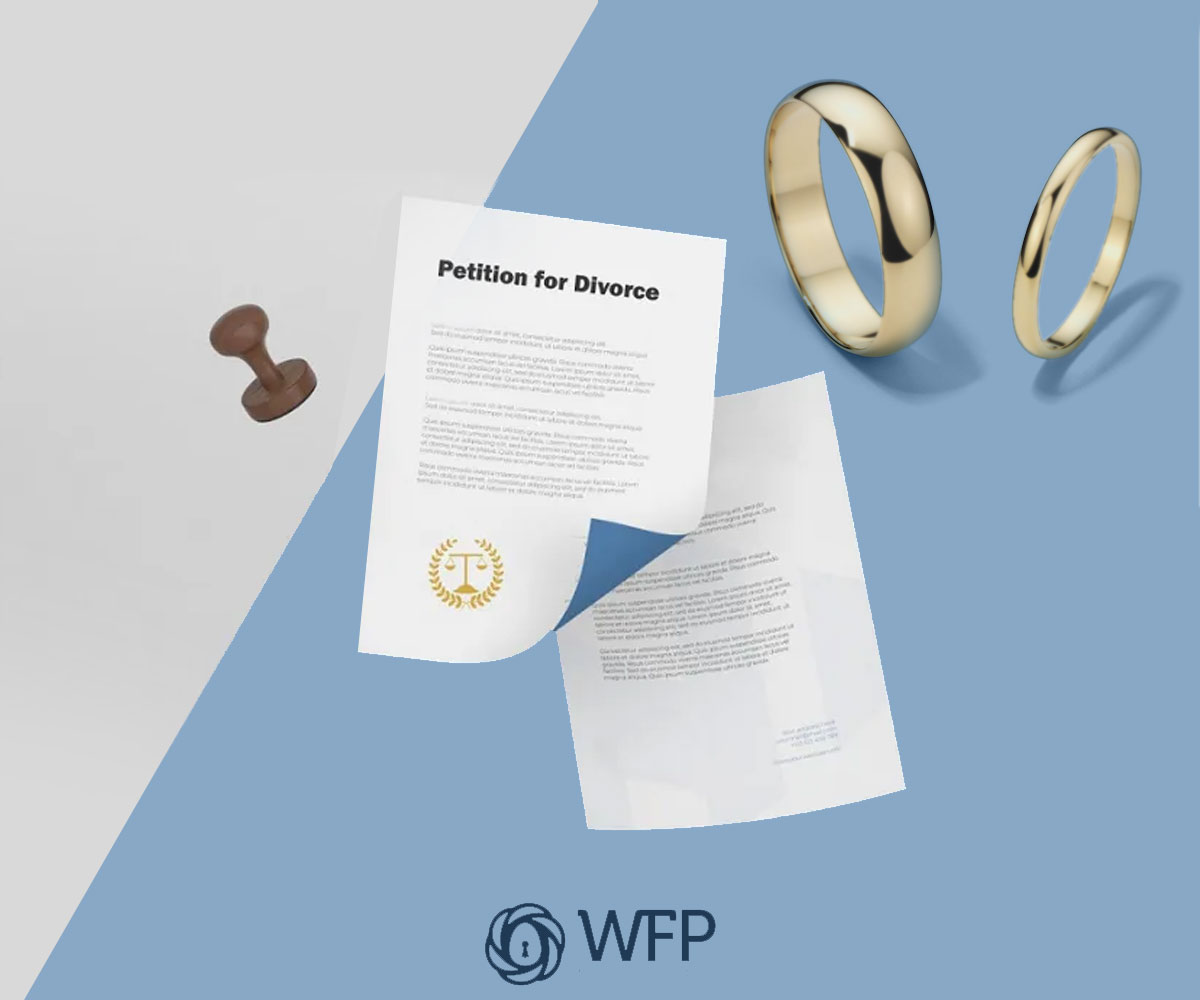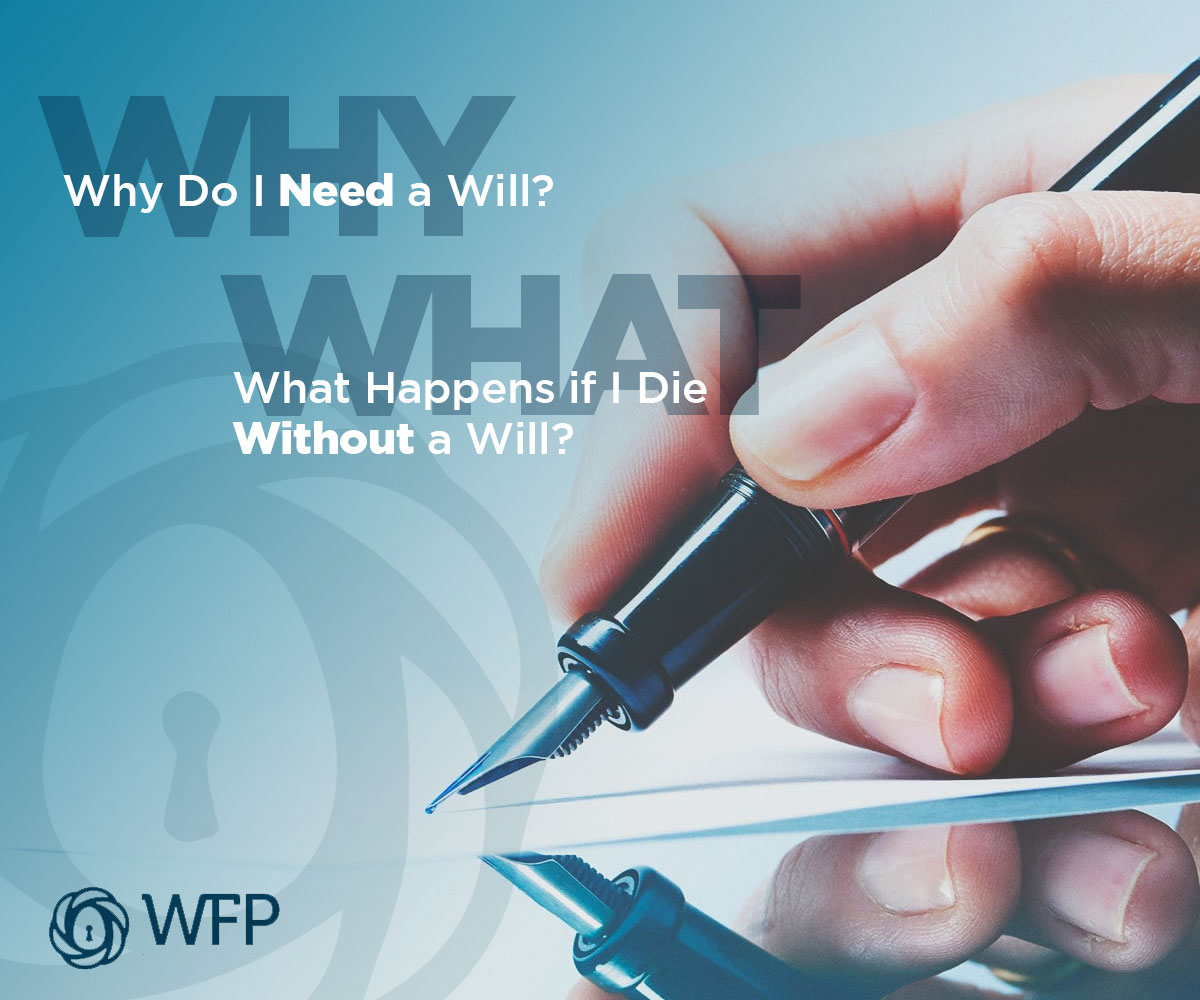 February was the month of love, and now we’re moving into March, the month of luck. Alas, you’re neither in love or lucky if you’re getting divorced (well, we guess it depends on your situation), and divorce can affect quite a few financial aspects of your life.
February was the month of love, and now we’re moving into March, the month of luck. Alas, you’re neither in love or lucky if you’re getting divorced (well, we guess it depends on your situation), and divorce can affect quite a few financial aspects of your life.
Inheritance, for example, can be affected by divorce. In this guide, we will give you an overview of how divorce affects inheritance and what you can do to ensure your family remains as minimally-impacted as possible.
First, Some Definitions
Before we start on this rather complex area of law, we should provide you with some basic definitions first. These include:
· Divorce. Divorce consists of the process of canceling a marital union, reorganizing legal duties and responsibilities, and dissolving the bonds of marriage between a couple. Divorce in Florida is governed by state law.
· Inheritance. Inheritance includes private property, debts, entitlements, privileges, obligations, and rights that occur upon an individual’s death. In this case, we will be talking about private property (money, land, etc.) that is handed down through Florida’s laws of distribution and descent.
· Marital Property. Marital property is acquired by a couple during marriage, no matter whose name is titled on the property.
· Non-Marital Property. Non-marital property includes that which each spouse owned before he or she got married. This includes property the spouse brought into a marriage and kept in their own name during the marriage.
Is Inheritance Marital Property In Florida?
As it pertains to inheritance, Florida law states that assets acquired separately by either spouse, including assets which are considered inheritance, are non-marital, and separate. Additionally, if you sell your inheritance (assuming it is land or something tangible) and buy anything with proceeds from that sale, that new purchase does not count as inheritance.
During A Divorce, Which Assets Are Protected?
In Florida divorce cases, non-marital assets are protected. Those assets that were acquired while the couple was married are marital property, unless a post- or pre-nuptial agreement states otherwise. Even if a spouse titles marital property in his or her name, this asset is unprotected during a divorce.
Is My Spouse Entitled To My Inheritance If We Divorce?
Because inheritances are considered non-marital property received by a spouse separately through devise, a non-interspousal gift, or bequest, your spouse cannot
inherit any portion of your inheritance. It is considered a non-marital asset and, therefore, off-limits.
Do Ex-Spouses Inherit Anything In Florida?
Divorce effectively cancels out or removes an ex-spouse from a will. This means that if you die and you are completely divorced, your ex-spouse will not be able to inherit anything. That said, if you and your ex are still on good terms, Florida laws do permit a post-divorce designation of your ex as a beneficiary.
How Can A Pre- Or Post-Nuptial Agreement Help Me?
Prenuptial agreements are written contracts a couple enters before they are married. These contracts address each person’s rights, assets, and debt responsibilities if the marriage ends. Prenups, as they are known, can be very helpful to people before they get married, as they could thwart a contentious divorce. They can also protect your assets in the event your marriage doesn’t work.
Postnuptial agreements are contracts a couple signs after they are married. These are similar to prenup agreements, as they outline debts, assets, and responsibilities, but they are not signed until after the couple weds. Again, postnups are very helpful in protecting your assets if the marriage does not work out.
As you can see, this is somewhat of a tricky area of law. Though the law might seem clear-cut, it is important to talk to an attorney to straighten out any inheritance-related issues during your divorce. Contact a WFP attorney today to learn more.
 We get it—life gets busy. Though estate planning is a necessity for adults, some view it as expensive and time-consuming. We urge you to look past any preconceived, negative notions of estate planning and focus on your loved ones, as a person who has a will (and an estate plan) is far better-suited to take care of them than one who does not.
We get it—life gets busy. Though estate planning is a necessity for adults, some view it as expensive and time-consuming. We urge you to look past any preconceived, negative notions of estate planning and focus on your loved ones, as a person who has a will (and an estate plan) is far better-suited to take care of them than one who does not.


